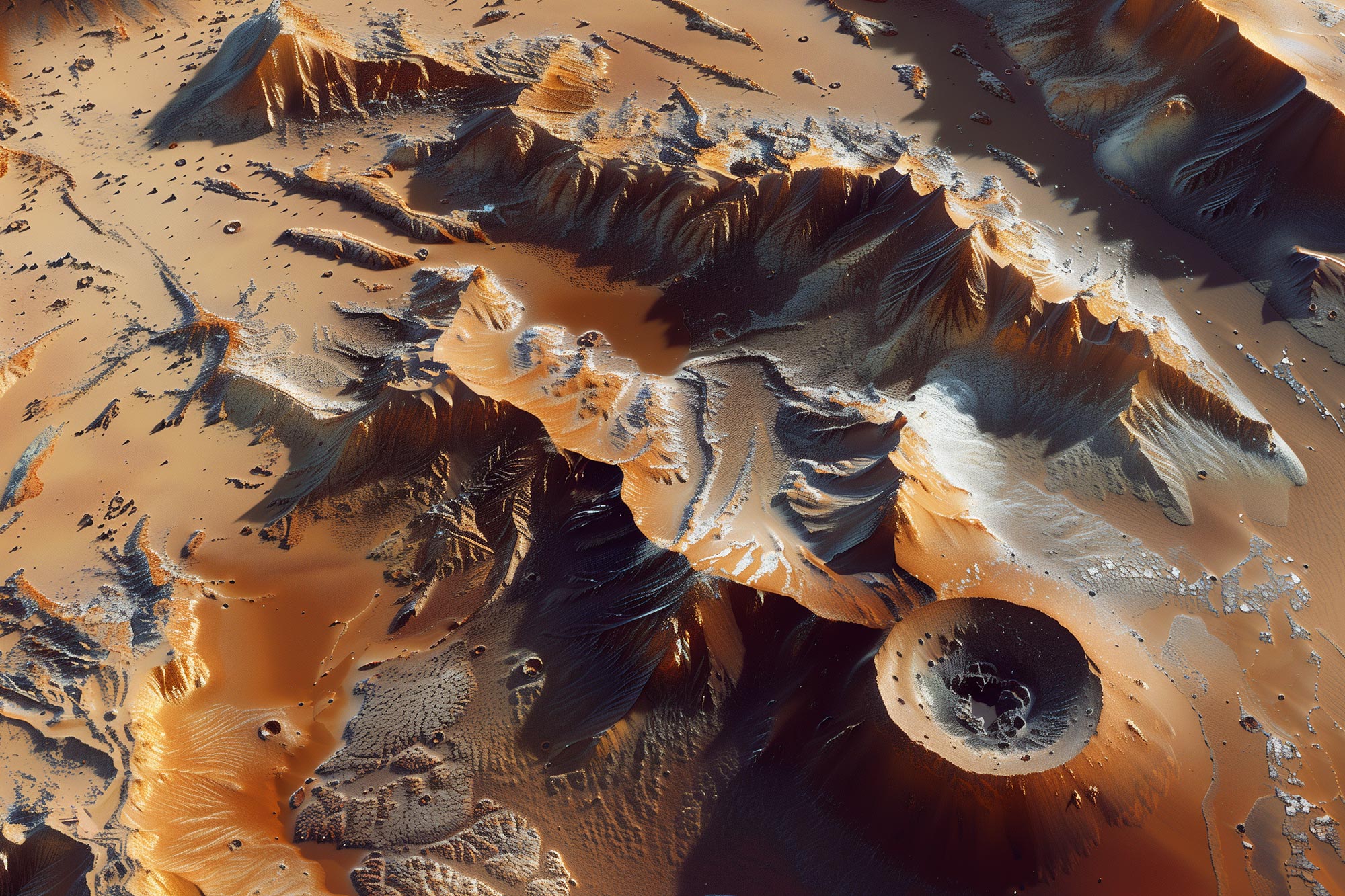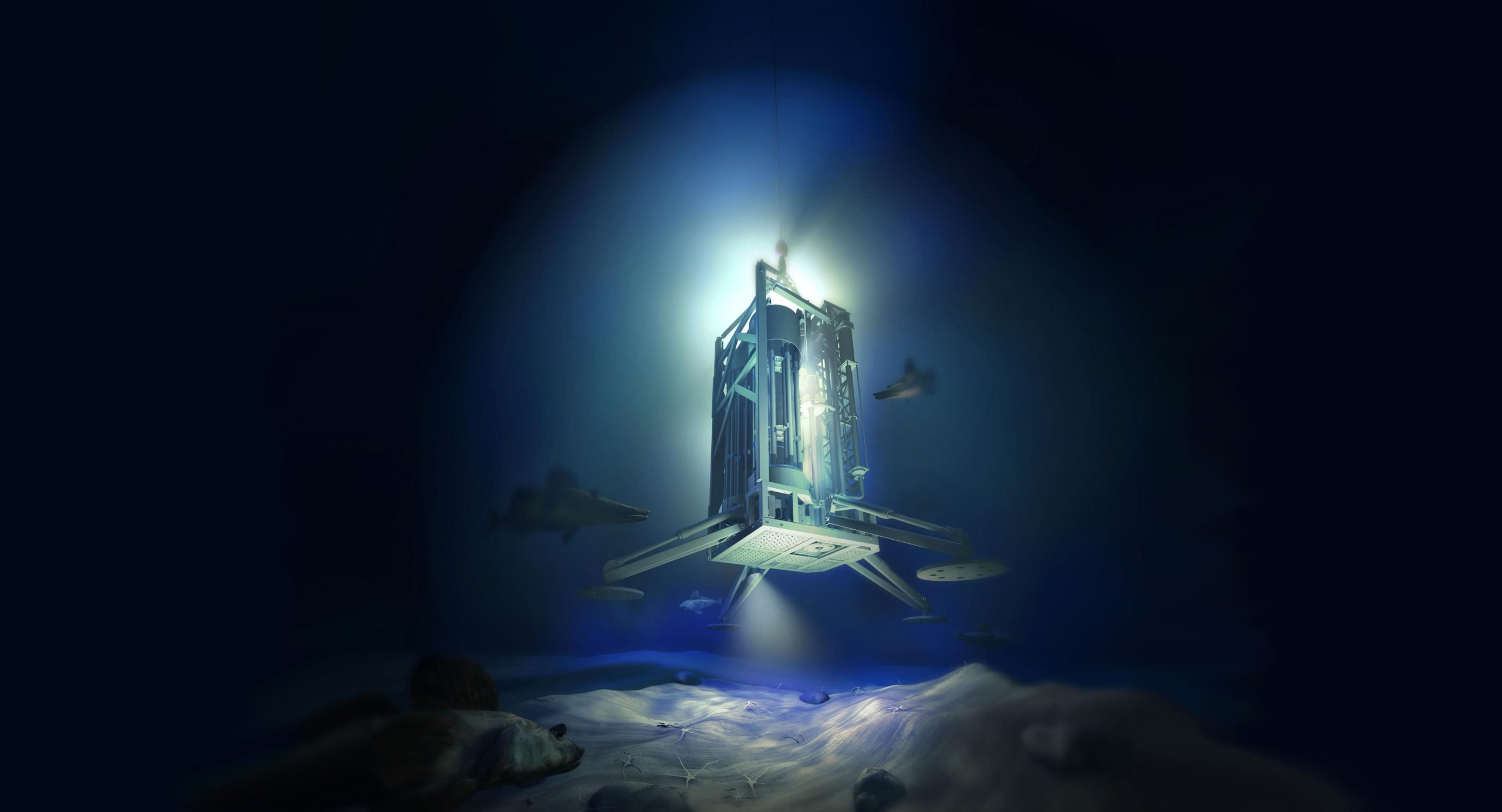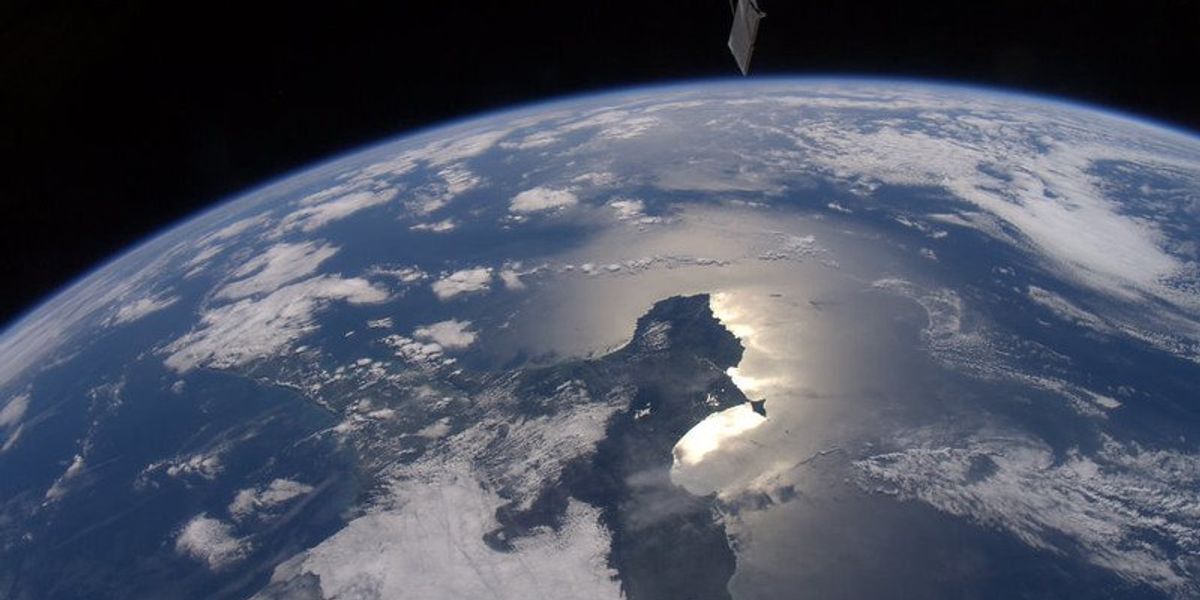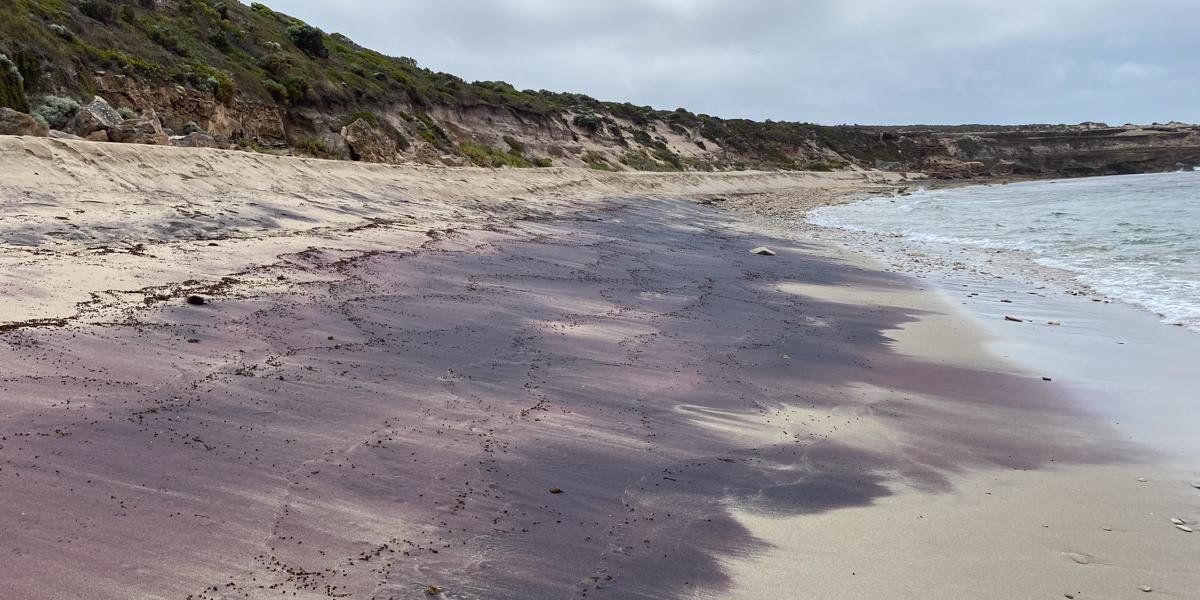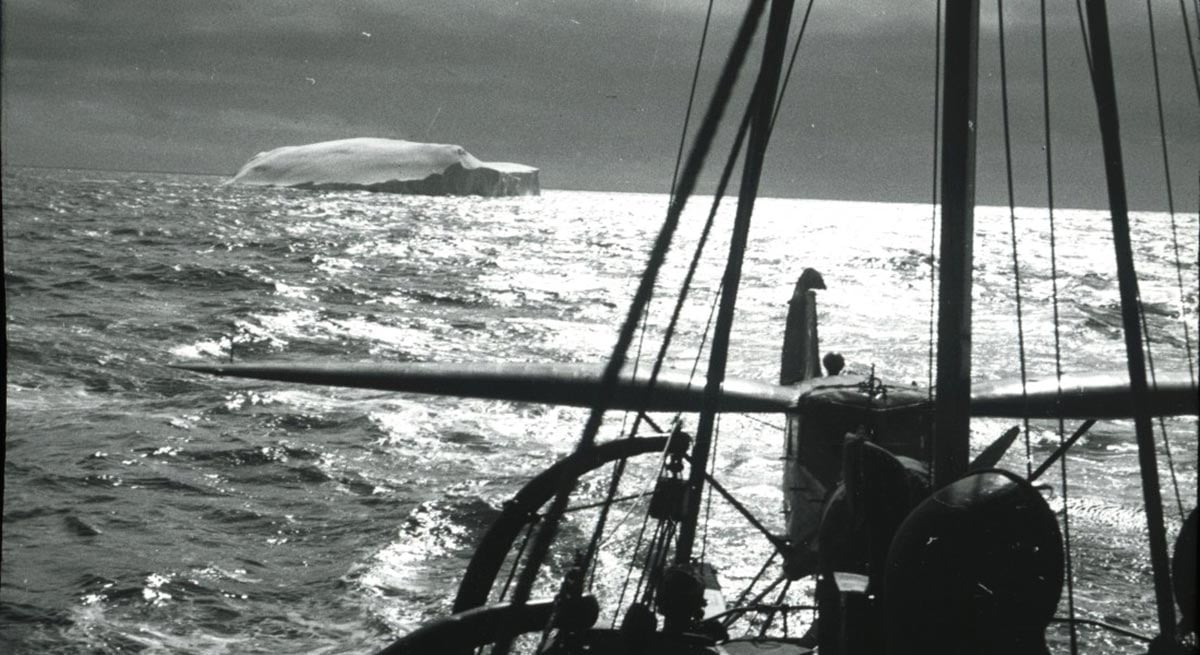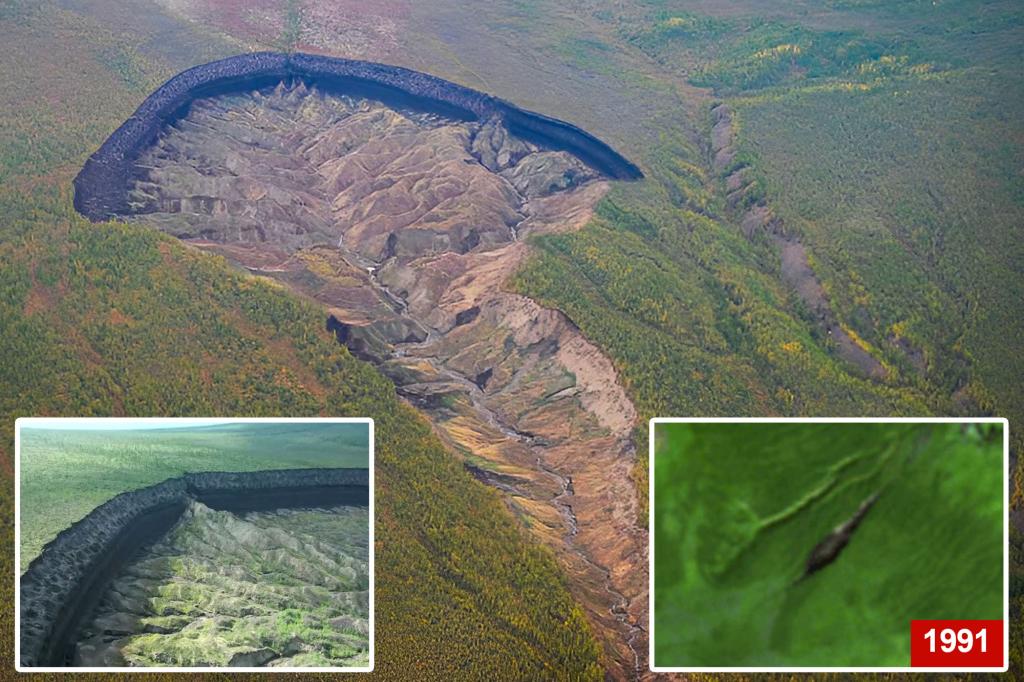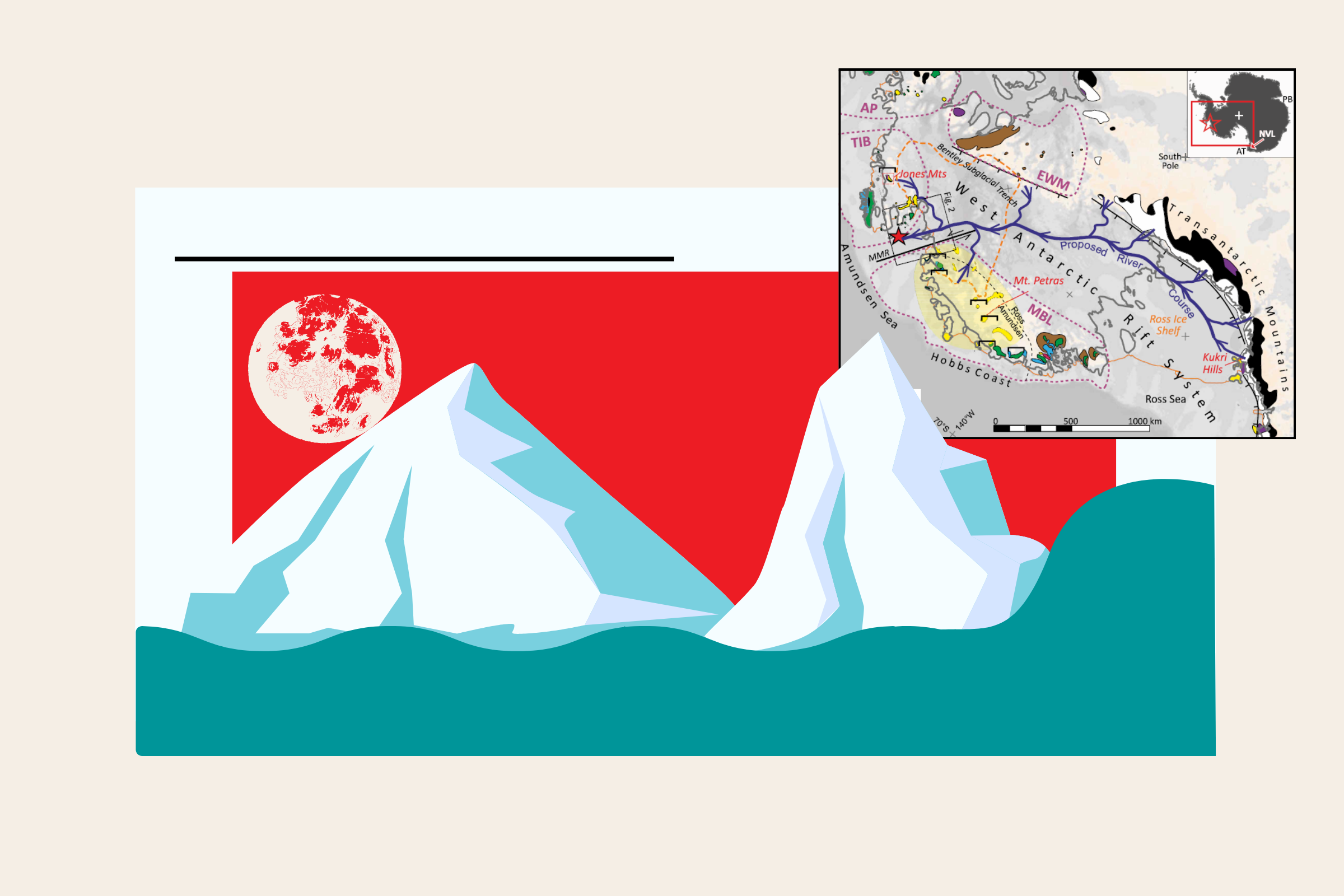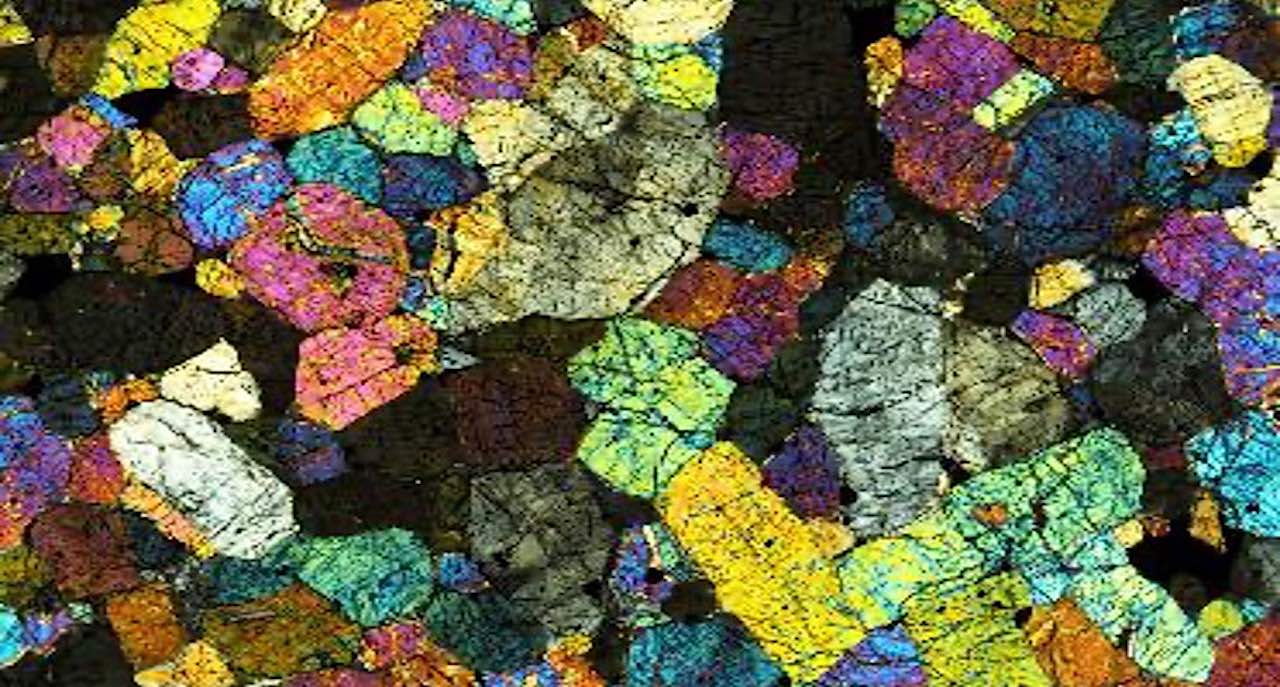Subarctic secrets: Mars’ cold and icy past revealed in new research
A study suggests Mars had a cold, subarctic climate similar to Newfoundland, based on soil analyses of Gale Crater. The finding offers new insights into the preservation of amorphous materials and Mars’ potential to support life. (Artist’s concept.) Credit: SciTechDaily.com A new study has found important clues in the Red Planet’s soil. Recent research examining … Read more
